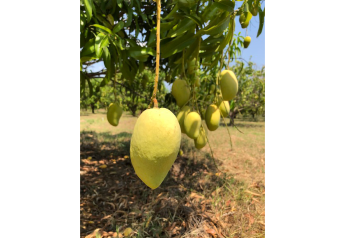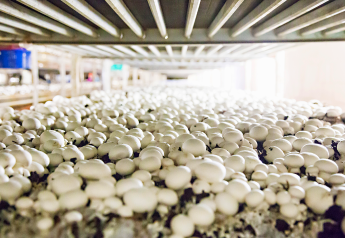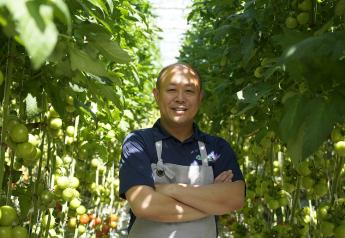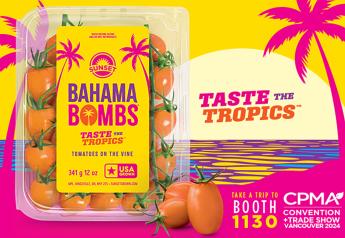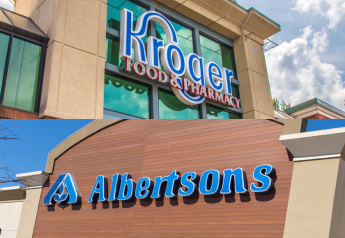Protected agriculture reaches 126,000 acres in Mexico
Protected agriculture is coming on like gangbusters in Mexico.
As of 2018, there were about 126,000 acres of protected agriculture in that country. That’s a big jump from the 325 acres planted in 2003.
Greenhouse production accounted for 27%, shade houses made up 45%, and macro tunnels, used primarily for berries and anti-hail meshes for apples, equaled 29%, according to AMHPAC – the Mexican Association of Protected Horticulture.
About 78% of the vegetables grown under protected agriculture are destined for the U.S., with 5% exported to Canada.
Tomatoes accounted for about 55% of the vegetables, and cucumbers and bell peppers each made up about 20%.
Although protected agriculture was only 2% of Mexico’s fruit and vegetable acreage and tonnage in 2018, it accounted for 17% of the dollar (or peso) valuation, according to the office of Mexico’s secretary of agriculture.
Protected agriculture has proved so successful that some U.S. distributors source 100% of certain commodities from greenhouses.
For example, all of the cucumbers, bell peppers and round and roma tomatoes distributed by Ciruli Bros. LLC, Rio Rico, Ariz., are grown in greenhouses, said partner Chris Ciruli.
Greenhouses provide protection from disease, pests and weather and enable growers to use hydroponic or soilless systems that offer absolute control over the root systems, said Merle Jensen, professor emeritus, plant science, University of Arizona and partner in Tucson, Ariz.-based Greenhouse Vegetable Consultants LLC.
“Their mineral and nutrition systems are so designed that they can induce flavor,” he added.
Almost every Mexican state has some greenhouses.
Most are seasonal operations, but those in higher elevations with cooler temperatures, like Guadalajara and Queretaro, can run year-round, Jensen said.
Richmond, Va.-based Globalmex International Inc., which markets several varieties of Magic Sun brand tomatoes, has seven grower partners who operate high-tech, hydroponic greenhouses in high-elevation central Mexico locations, said Tony Otto, sales manager.
Having numerous locations enables plantings to be staggered to offer customers a sustainable volume of product, he said.
Demand for Mexican-grown greenhouse tomatoes will only increase, said Norma Ramirez Myers, owner of Sunny Produce & Brokerage LLC, McAllen, Texas.
“Mexico has been able to put out an extremely exceptional product; consequently, the U.S. is continuing to demand more and more,” she said.
Greenhouse technology and responsible growing methods allow Nogales, Ariz.-based Wholesum Family Farms “to make efficient use of space and control the many variables that lead to optimal crop growth while protecting them from hostile weather conditions, diseases and pests, said Ricardo Crisantes, chief commercial officer.
And greenhouses allow the company to conserve water and allow the use of renewable energy sources.
Growers also have seen good results with lower-tech shade cloth structures.
Shade houses help growers produce product that is more consistent, said Al Voll, a salesman for Fresh Farms, Rio Rico, Ariz.
It’s easier to observe how a crop is progressing, insect pressure is reduced and the impact of winds is lessened in a shade house versus an open field, he said.
“Wind scarring is reduced almost down to nothing,” Voll said.
Fresh Farms even puts a shade tarp over table grapes it grows in Sonora.
Greenhouse tomato growers generally were relieved that a proposed tomato suspension agreement between the U.S. and Mexico has been reached.
Related Content
Mexican greenhouse production soars
Positive outlook for Mexican crops, growers say


